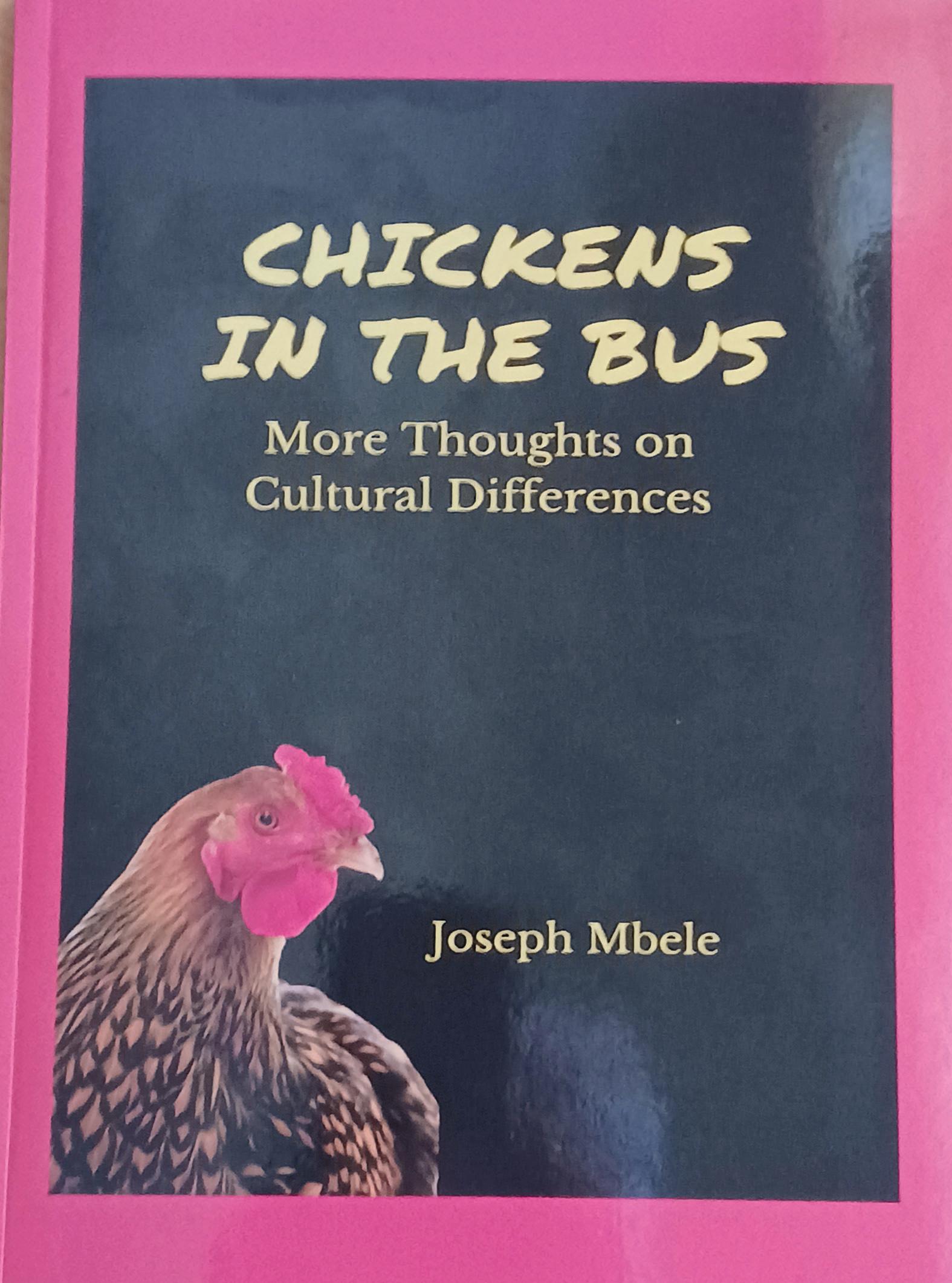
2 minute read
More thoughts on cultural differences

cultural differences.
By: W.D. Foster-Graham Book Review Editor

Sharing Our Stories Chickens In The Bus
Thoughts on Cultural
More
Differences
By Joseph Mbele
Recently, I had the pleasure of reviewing Joseph Mbele’s book Africans and Americans. When published, it was well received as a guide, a cultural orientation resource, and the Evangelical Lutheran
Church of America has used the book for their partnership programs with African congregations. A conversation I had with Mr. Mbele about a sequel covering issues not in the original book intrigued me, hence I bring to you Chickens in the Bus: More Thoughts on Cultural Differences.

As a native-born Tanzanian and cultural consultant, Mbele is in the unique position of observing how we take our culture for granted, which is where trouble starts when meeting people from a different culture. An experience in Faribault, Minnesota between the Somali residents and the American residents very nearly escalated had not Mbele brought about a mutual understanding of
Mbele addresses the matters of having an accent (which we all do) and the unnecessary pressure to speak differently as well as the differing concepts of time between Americans and Africans. His chapter, “Chickens in the Bus,” was an example that struck close to home for me when it came to aspects of culture. He states, “I tell Americans that if they visit my village, they might get a live chicken to take with them. There is no better gift for a guest than a live chicken. That is part of our culture. You go into the bus with your chicken under your arm.”
No thanks to colonialism, there are Africans who are embarrassed by their culture because they were made to feel inferior. This cultural imperialism, the belief that one culture is “the only game in town,” is and has been damaging to people and other cultures around the world. How many cultures and civilizations were destroyed because of this? I had to laugh when Mbele compared American parties to funerals, and to take note when it came to child-rearing practices (in African cultures, every adult in the village had authority over a child) and how the cultures conduct business. In contrast to capitalism, African business affairs are far more communal and built upon social relationships. At the end of the day, communication is key to understanding cultural differences. There must be a mutual understanding and respect of one another, for this is where growth begins. Where Africans and African Americans are concerned, remember that African-born people were not conditioned to respond the same way as African Americans when it comes to matters of race due to our respective history/legacies. Fun fact: Mbele’s book Africans and Americans was featured on the TV show Jeopardy. Chickens in the Bus is available through Amazon and his website, www.africanexicon. com

Thank you once again, Joseph, for our conversation and the opportunities to learn, understand, and broaden our horizons. Thank you for sharing your story.







